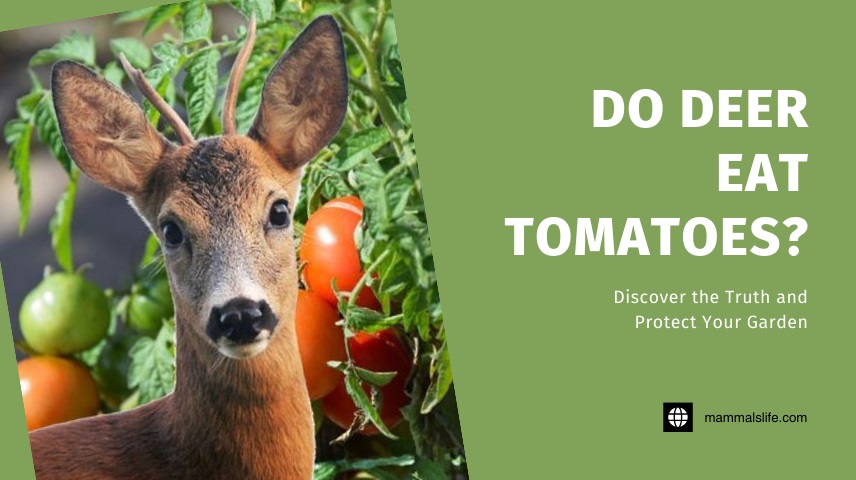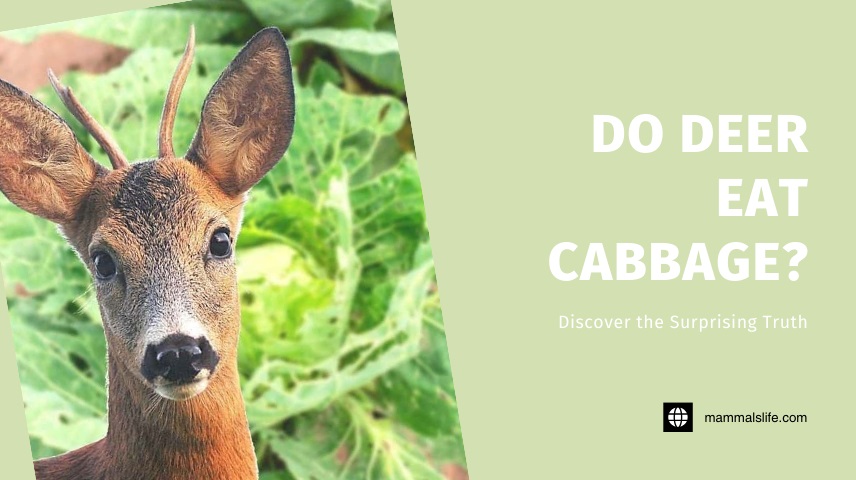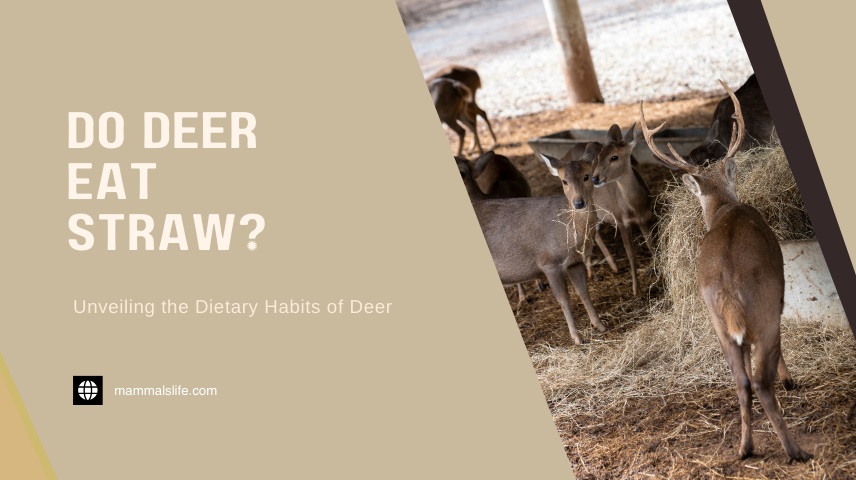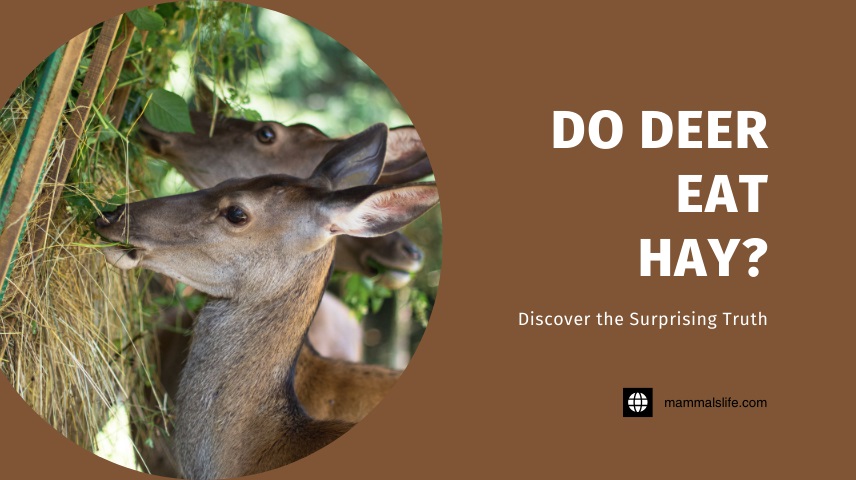Yes, deer eat tomatoes. They are attracted to the plants and fruits, especially during the growing season.
Deer can be a significant challenge for gardeners. These animals often venture into gardens in search of fresh produce. Tomatoes are a favorite snack for deer, who enjoy the juicy fruits and tender leaves. Gardeners must take precautions to protect their tomato plants.
Methods like fencing, repellents, and companion planting can help deter deer. Understanding deer habits and preferences helps in devising effective strategies. Ensuring a deer-free garden requires consistent effort and vigilance. Enjoying homegrown tomatoes without interference is possible with the right measures.
Do Deer Like Tomatoes?
Many gardeners worry about deer eating their plants. One common concern is whether deer like tomatoes. Knowing if deer enjoy eating tomatoes can help protect your garden.
Deer Dietary Habits
Deer are known to eat a variety of plants. Their diet changes with seasons. In spring, they prefer tender shoots and leaves. In summer, they enjoy fruits and vegetables. During fall, they eat acorns and nuts. In winter, they munch on twigs and bark.
Deer are herbivores. They need to consume a lot of food daily. This means they often wander into gardens. They look for easy meals.
Why Tomatoes Attract Deer
Tomatoes can be a tasty treat for deer. The plant’s juicy fruits are appealing. Deer are attracted to the smell of ripe tomatoes. They also like the tender leaves of the tomato plant.
| Reasons | Details |
|---|---|
| Smell | Ripe tomatoes have a strong, inviting scent. |
| Texture | Tomato leaves and fruits are soft and easy to chew. |
| Nutrition | Tomatoes provide essential vitamins and hydration. |
Protecting your tomatoes from deer can be challenging. Fencing and repellents can help. Understanding why deer like tomatoes helps in creating effective barriers.
Read More – Do Deer Eat Tree Bark? Impact On Trees, Preventing Bark Damage
Signs Of Deer In Your Garden
Spotting signs of deer in your garden can help protect your tomatoes. Deer are common visitors in many gardens, and they can be quite destructive. Knowing what to look for can make a big difference in safeguarding your plants.
Identifying Deer Tracks
Deer tracks are one of the most obvious signs. They have a distinct shape that is easy to recognize. You will see hoof prints that are about 2 to 3 inches long. The prints look like a cloven heart.
| Track Feature | Description |
|---|---|
| Hoof Shape | Cloven heart |
| Track Size | 2 to 3 inches long |
| Depth | Shallow in soft soil, deeper in hard soil |
Plant Damage Indicators
Deer often leaves behind clear signs of feeding. Look for torn leaves and stems. Deer do not have upper incisors. They pull plants with a jerking motion. This often leaves jagged edges on the plants.
- Torn Leaves: Look for jagged edges.
- Missing Fruits: Tomatoes may be completely gone.
- Trampled Plants: Deer might trample plants while feeding.
It’s common to find partially eaten fruits on the ground. Deer can be messy eaters. You might also notice deer droppings in your garden. These are small, pellet-like, and dark in color.
Read More – Do Deer Eat Meat? Nutritional Needs, Impact On Health
Preventing Deer From Eating Tomatoes
Deer loves munching on tomatoes, leaving gardeners frustrated. Preventing deer from eating your precious tomatoes requires some strategies. Here are effective ways to protect your tomato plants.
Physical Barriers
Physical barriers are a reliable way to keep deer away. Fences are the most common solution.
- Height: Deer can jump high. Your fence should be at least 8 feet tall.
- Material: Use sturdy materials like wire mesh or wooden planks.
- Angle: Slant the fence outward. This makes it harder for deer to jump over.
Other physical barriers include netting and row covers. These cover your plants without harming them.
Natural Repellents
Natural repellents can deter deer effectively. They are safe and easy to use.
- Smelly Plants: Plant strong-smelling herbs like rosemary, lavender, or mint around your garden.
- Homemade Sprays: Mix water with garlic or hot pepper. Spray this around your tomatoes.
- Soap Bars: Hang scented soap bars on stakes around your garden. Deer dislike strong scents.
These natural methods won’t harm the deer. They simply keep them at a distance.
By using physical barriers and natural repellents, you can protect your tomatoes. Enjoy a bountiful harvest without the worry of deer damage.
Read More – Do Deer Eat Celery? Nutritional Value, Deer’s Preference, Health
Deer-resistant Plants
Wondering if deer eat tomatoes? Yes, they often do. Deer loves tomatoes and can ruin your garden. But don’t worry! There are deer-resistant plants that can save your garden.
Alternative Plants
Deer dislike certain plants. These plants can protect your garden from deer damage. Here are some excellent choices:
- Lavender: Its strong scent repels deer.
- Marigolds: Deer dislike their smell and taste.
- Sage: Another herb that deer avoid.
- Foxglove: It contains toxins that deer avoid.
Planting these can keep your tomatoes safe and your garden beautiful.
Companion Planting
Companion planting helps deter deer. Plant deer-resistant plants alongside tomatoes. This creates a protective barrier. Here are some companion plants:
| Companion Plant | Benefit |
|---|---|
| Garlic | Its smell keeps deer away. |
| Chives | Deer dislike their taste. |
| Onions | Another smelly plant deer avoid. |
Using these companion plants can protect your tomatoes and enhance your garden’s health.
Long-term Garden Protection
Deer love to munch on tomatoes. Protecting your garden is essential. Long-term solutions are the best way to keep your tomatoes safe. In this section, we will discuss effective strategies.
Fencing Solutions
Fencing is a reliable way to keep deer out. A well-built fence can be a strong deterrent.
| Type of Fence | Height | Benefits |
|---|---|---|
| Wooden Fence | 8 feet | Sturdy and long-lasting |
| Electric Fence | 6-8 feet | Effective and deters other animals |
| Wire Mesh Fence | 8 feet | Cost-effective and easy to install |
Habitat Modification
Making your garden less appealing to deer can also help. This method involves changing the environment around your garden.
- Plant deer-resistant plants around your tomatoes.
- Remove plants that attract deer.
- Keep your garden clean and free of fallen fruits.
Use these tips to modify the habitat:
- Choose plants like lavender and marigold.
- Prune bushes and trees regularly.
- Install motion-activated lights or sprinklers.
These modifications can make a big difference. Your garden will be safer from deer.
Frequently Asked Questions
Do Deer Eat Tomatoes From Gardens?
Yes, deer often eat tomatoes from gardens, especially when other food sources are scarce.
How To Prevent Deer From Eating Tomatoes?
Use fencing, deer repellents, or plant deer-resistant plants around your garden to deter them.
Are Tomatoes Harmful To Deer?
Tomatoes are not harmful to deer, but they may prefer other plants if available.
Do Deer Eat Tomato Plants Or Just Tomatoes?
Deer eat both tomato fruits and the plant leaves, causing significant damage to your garden.
What Attracts Deer To Tomato Plants?
The sweet, juicy tomatoes attract deer, especially during dry seasons when other food is limited.
Are There Plants That Repel Deer?
Yes, plants like lavender, marigold, and rosemary can help repel deer from your garden.
Conclusion
Deer do eat tomatoes, especially when other food sources are scarce. Protecting your garden can be challenging. Use deer-resistant plants and fencing to keep them away. Understanding deer behavior helps in safeguarding your tomatoes. With the right strategies, you can enjoy a bountiful tomato harvest free from deer damage.











